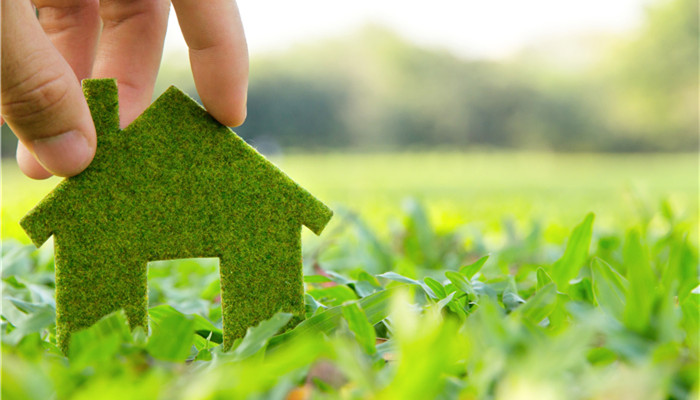
The bio-based PET market has great development prospects. 100% bio-based PET will become the main trend in the future.
Bio-based PET is synthesized from petroleum-based terephthalic acid (PTA) and bio-based ethylene glycol (MEG) monomers, of which bio-based materials account for 30% of the raw materials. In recent years, under the background of the explosion of bio-economy, the bio-based PET market has attracted increasing attention. With technological advancement, bio-based PET has been widely used in food packaging, automotive interiors, building materials and other fields.
Polyethylene terephthalate (PET) is the most important variety of thermoplastic polyester. It has good creep resistance, dimensional stability, fatigue resistance, friction resistance, electrical insulation, etc., and is widely used in Used in electronic appliances, beverage packaging, auto parts, pharmaceutical packaging and other fields. Petroleum-based PET is a polymer derived from the dehydration condensation reaction of ethylene terephthalate. In recent years, as environmental protection regulations have become increasingly strict, the application of petroleum-based PET has been restricted, and the bio-based PET market has ushered in good development opportunities.
According to the “2021-2025 Global Bio-based PET Industry In-depth Market Research and Key Area Research Report released by the Industrial Research Center, Environmental protection supervision is becoming increasingly strict, residents’ awareness of green consumption is increasing, and production technology continues to advance. These factors have a positive impact on the bio-based PET market and are beneficial to the development of the industry. Globally, the bio-based PET market is mainly concentrated in Asia-Pacific, Europe and the United States. In the Asia-Pacific region, China, India and other regions have high demand for bio-based PET, and the market development space will be broader in the future.
The research and development and production of bio-based PET are difficult. Currently, the companies engaged in the research and production of bio-based PET mainly include The Coca-Cola Company, Toyota Tsusho, Mitsubishi Motors Corporation, Virent Corporation, Toray Industries, PTC Alliance, Heinz, Suntory Group, and UPM wait. At present, most bio-based PET materials are partially made of bio-based materials, and 100% bio-based PET has not yet been produced. However, with the advancement of relevant technologies, 100% bio-based PET is expected to become the bio-based material with the largest production capacity in the future.
On December 3, 2021, Suntory Group announced that it has successfully manufactured a prototype PET bottle made of 100% plant-based materials. The bio-based prototype bottle is made of plant-based paraxylene (plant-based paraxylene) extracted from wood chips by combining Anellotech’s technology. Based on PTA) and plant-based MEG made from molasses. Suntory Group is currently committed to commercializing this 100% bio-based PET bottle to achieve the company’s 2030 goal of completely using 100% sustainable PET bottles globally.
Industry analysts said that it is difficult to develop and produce bio-based PET, and its current share of the PET market is still low, but bio-based PET As an excellent substitute for petroleum-based PET, under the trend of increasingly strict environmental protection supervision and upgrading of market consumption, the development prospects of the bio-based PET market are promising. With the advancement of relevant technologies, 100% bio-based PET will become the mainstay of future market development. trend.

 微信扫一扫打赏
微信扫一扫打赏

